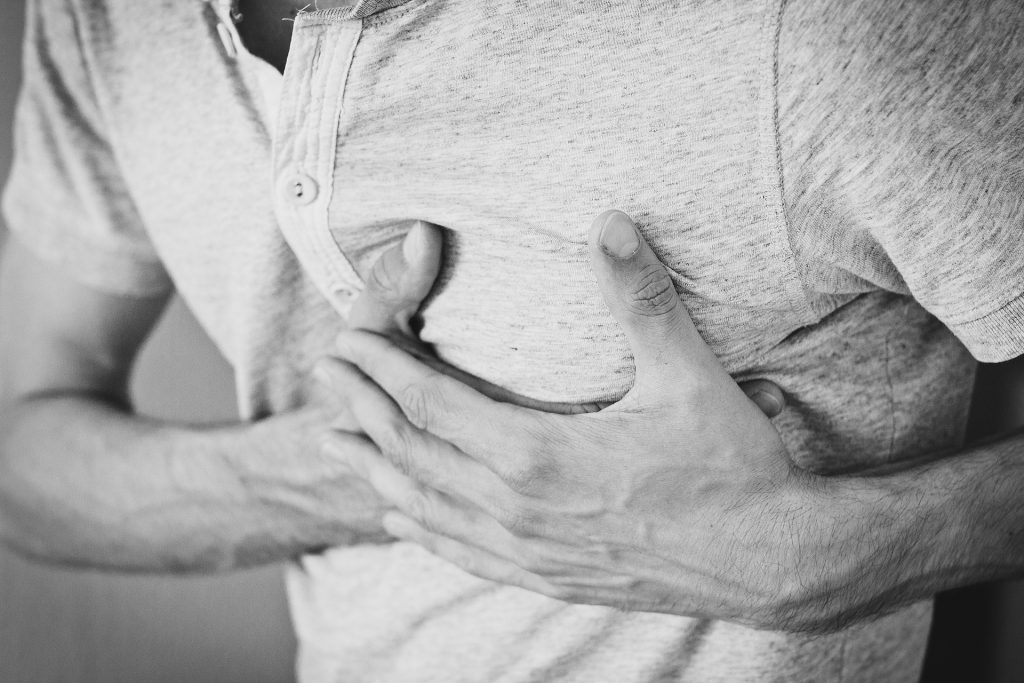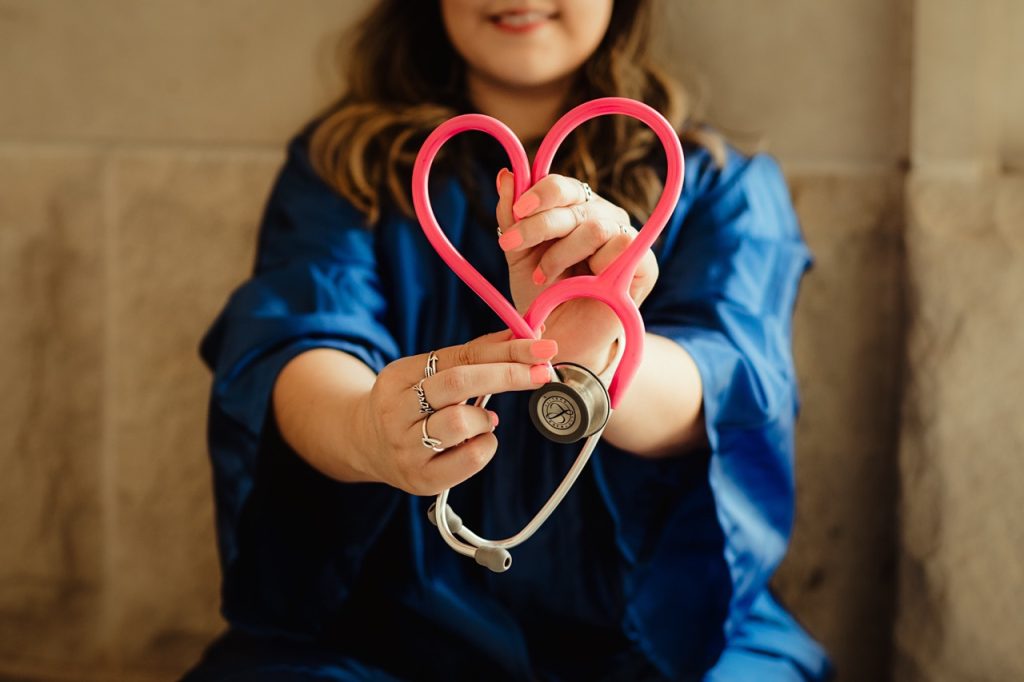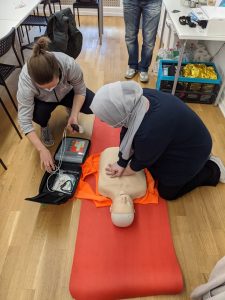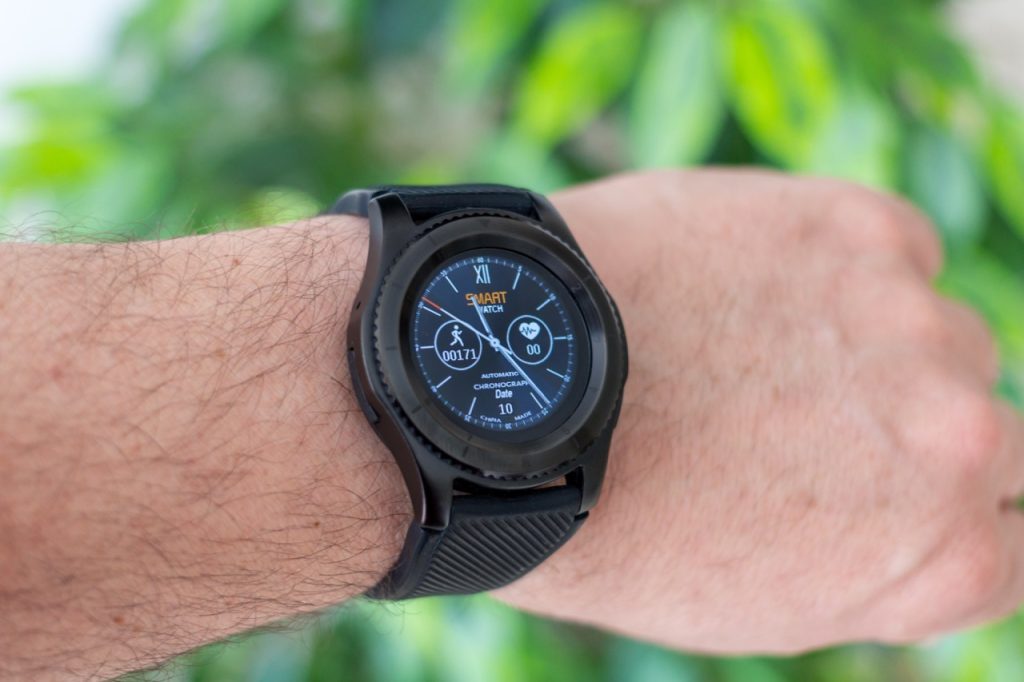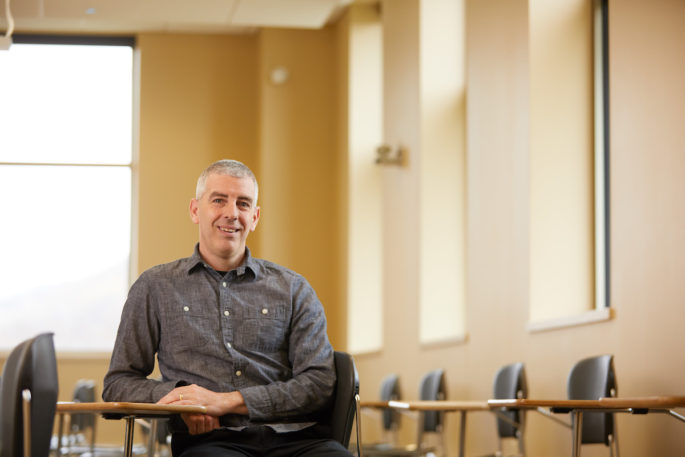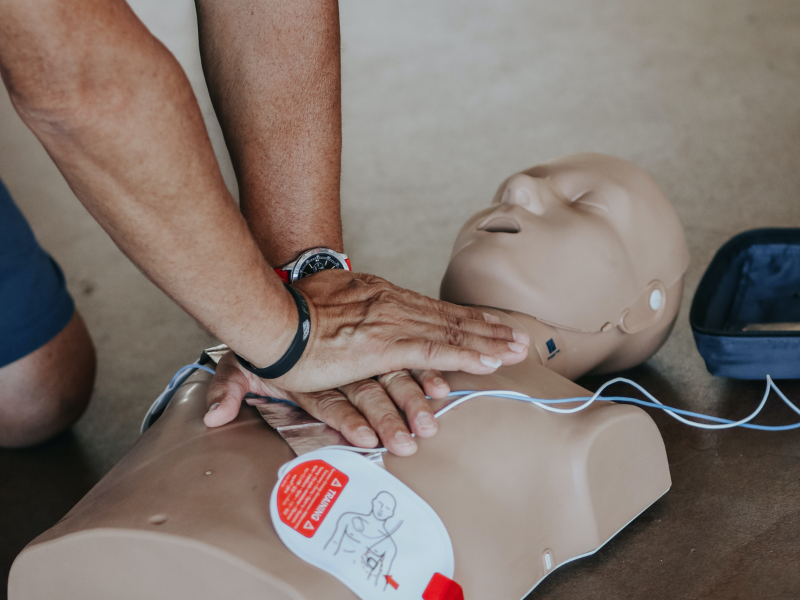At HeartCert CPR, our goal is to help you help others. We understand the importance of flexibility in education, which is why we provide in-person, virtual and hybrid CPR course options.
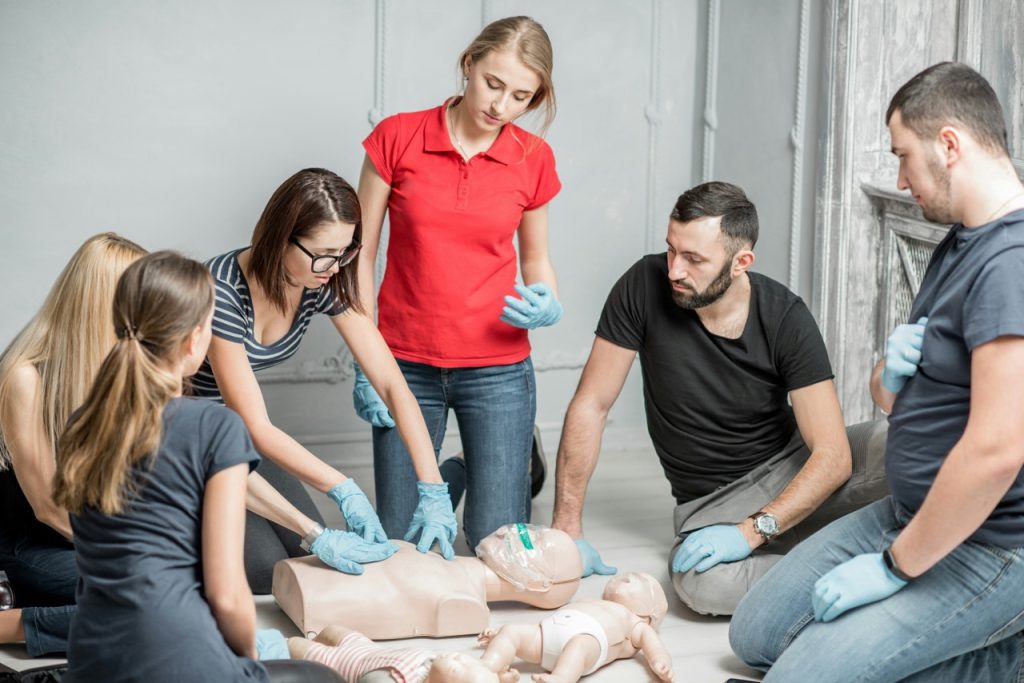
Our courses are designed to meet the needs of individuals and organizations seeking CPR certification without the constraints of in-person sessions. Whether you’re an individual, organization, or healthcare professional, our CPR / First Aid courses offer a convenient pathway to enhance your skills.
Find out more about our diverse and accessible learning options:
In-Person CPR Classes
Our in-person classes are available to individuals who prefer to learn in person and hands-on in a small group setting. HeartCert CPR provides this option in many locations nationwide. This hands-on experience ensures dedicated attention and guidance from our experienced instructors and is perfect for individuals who value the immersive and personal touch of face-to-face education.
Private 1-on-1 Flexible CPR Classes
For those wanting a hybrid experience with ultimate flexibility, our Private 1-on-1 Flexible Class provides a customized learning environment. Schedule your CPR course at a time that suits you. After registration, you’ll receive immediate access to the online videos and tests. Schedule a time to come in for your private CPR certification session and you’ll be guided the rest of the way. You will first get a chance to review and practice by yourself and then an instructor will connect with you virtually to go over questions and finalize your American Red Cross certification. This option is ideal for individuals with busy schedules or specific learning preferences, ensuring a personalized and efficient certification process.
Onsite Group CPR Classes:
Bringing people together for a shared learning experience, our group classes foster a collaborative environment. Perfect for organizations or groups of individuals looking to enhance their CPR skills collectively, these sessions offer both convenience and social learning. Our experienced instructors will certify your group at a time and location of your choosing.
Personalized, onsite CPR/First Aid training is a great solution for: daycares, group/assisted living homes, construction sites, schools, church groups, manufacturing facilities, and any company safety first response team.
Online Training
Designed for ultimate convenience, this method allows you to learn at your own pace, anytime, anywhere. Access engaging course materials, interactive modules, and assessments online, making it an excellent choice for those who prefer a self-directed learning approach. HeartCert CPR brings the classroom experience to your fingertips, ensuring you can earn your certification easily.
When you are looking to receive or renew your CPR education, HeartCert CPR is the solution to flexible and accessible training. From immersive in-person classes to personalized 1-on-1 sessions, collaborative group classes, and convenient online training, we offer many diverse options to obtain your CPR certification. Whether you seek hands-on engagement or virtual convenience, HeartCert CPR is your partner in protecting the hearts of those around you. Join us in making a difference with expanded CPR expertise. Register for a course today.
HeartCert CPR is your trusted training partner for CPR, ACLS, PALS, EMR, First Aid, CNA, IV, EKG and more, in Minnesota and throughout the United States.
HeartCert CPR courses include CPR/AED/First Aid, Basic Life Support (BLS), Advanced Cardiac Life Support (ACLS), Pediatric Advanced Life Support (PALS), Certified Nursing Assistant training, IV training, EKG training, babysitter basics and more. Courses and certifications from both the American Heart Association and American Red Cross are available.
We are now offering virtual CPR courses and certifications, as well as safe in-person courses at all locations and our headquarters, HeartCert CPR Eagan.



